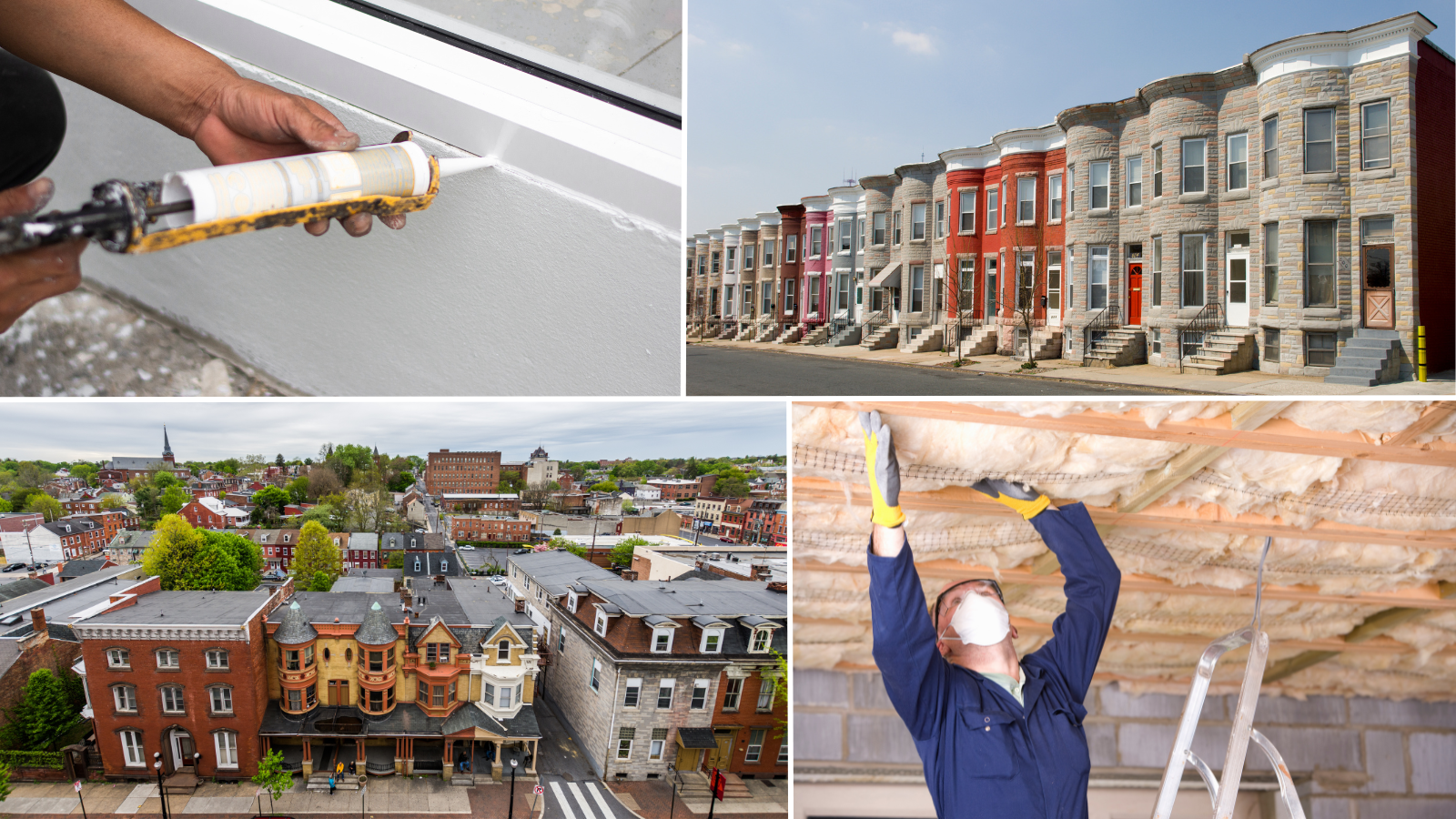
2024 Maryland Legislative Session: Wins and Losses
As the 2024 Maryland Legislative Session comes to an end, here is an update on the problems Maryland PIRG is working to solve.
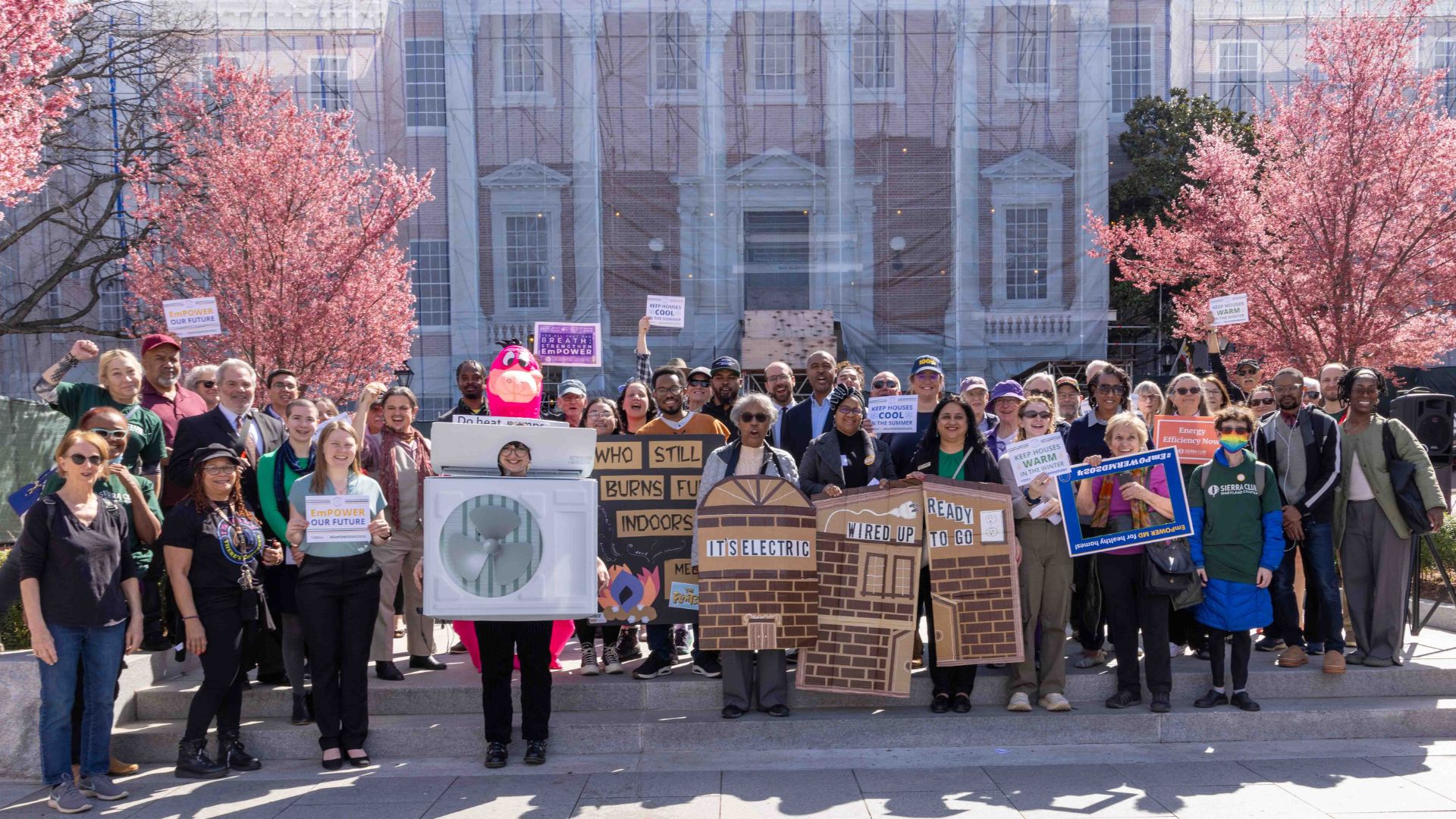
As the 2024 Maryland legislative session comes to an end, here is an update on the problems Maryland PIRG is working to solve.
At Maryland PIRG, the problems we work on aren’t progressive or conservative, they’re just problems that our state shouldn’t tolerate in an age of great abundance and technological progress.
We’ve got a lot to be proud of and a lot of work ahead of us. We’re up against tough odds and powerful opposition on all of our issues, but by combining grassroots action and tough minded advocacy we can make progress on our most pressing issues, and we have.
Our 2024 Legislative Campaigns
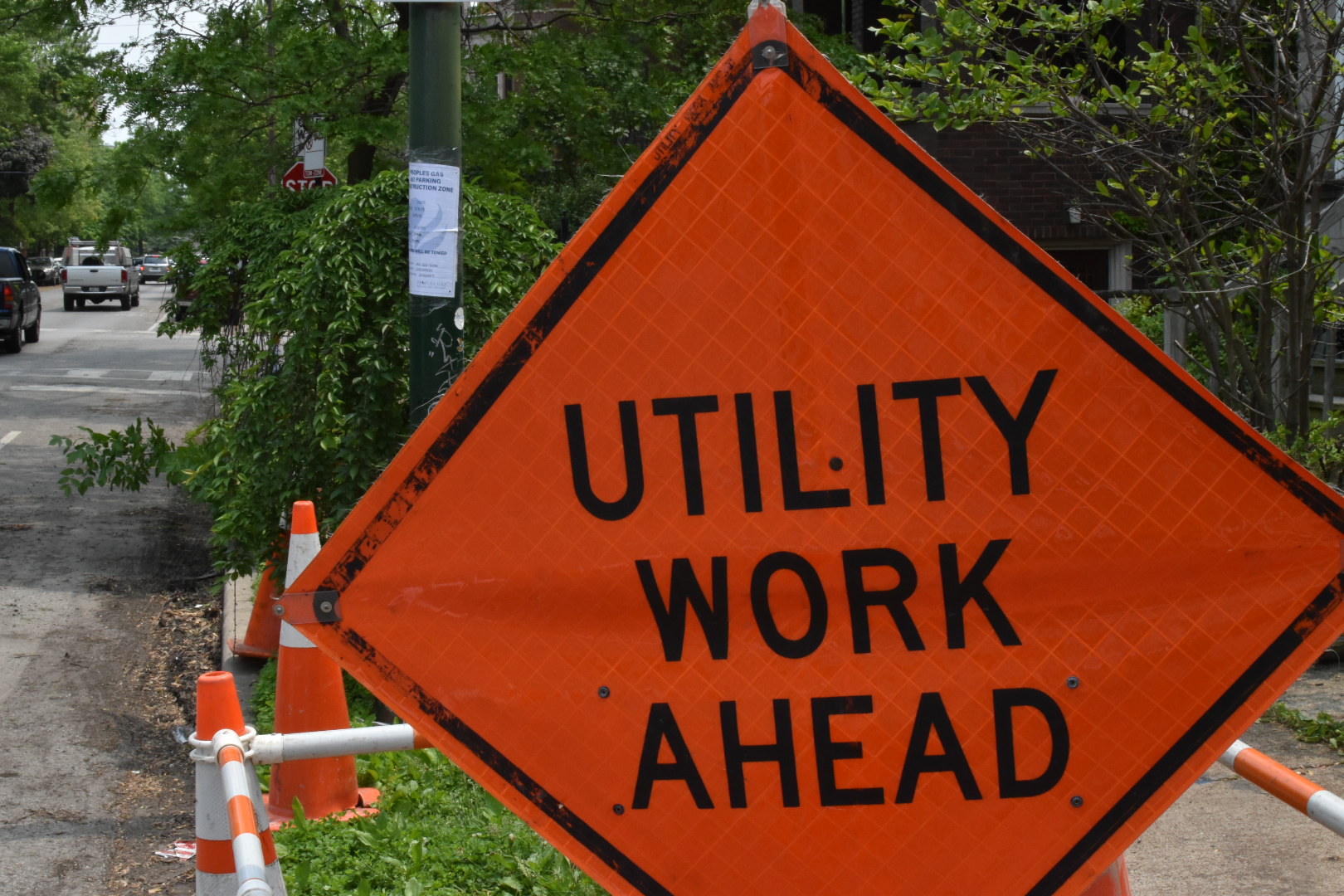
Public Utilities for the Public Good: Public utilities are in a time of transformation. We need meaningful oversight and guidance from the legislature to avoid massive rate hikes, promote energy conservation, and support the transition to clean, renewable energy to power our homes.
Photo by Staff | TPIN
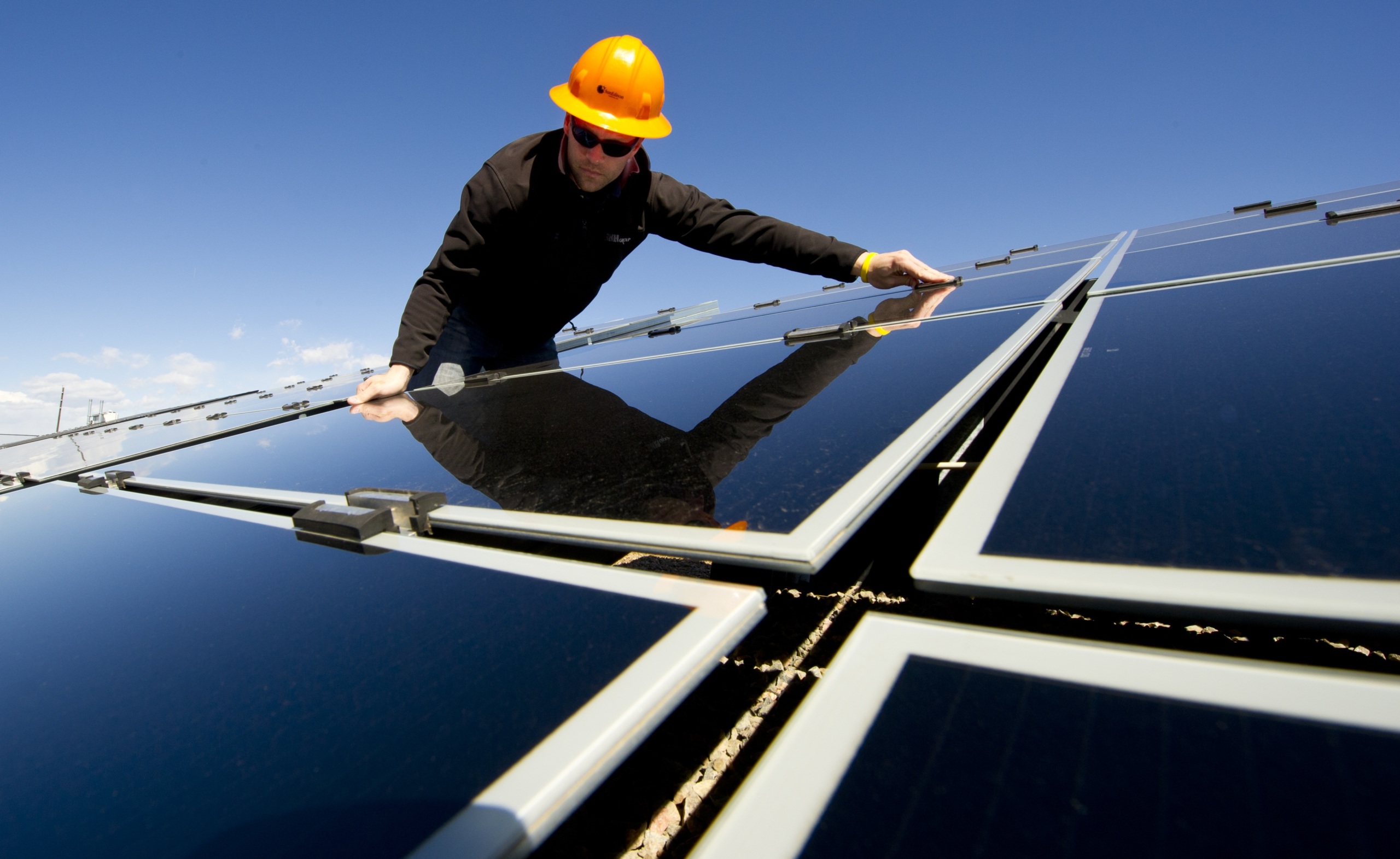
Smart Energy Solutions: Our reliance on polluting fuels puts our health and safety at risk. By using energy more wisely and getting clean sources of energy plugged into the grid, Maryland can achieve its potential for a cleaner, safer, cheaper and more reliable energy future.
Photo by Dennis Schroeder | Public Domain

Healthy, Livable Maryland: All communities should have access to clean air, safe drinking water, and a livable planet. It’s time to reorient public policy and our economy to prioritize consumer protection and the health and wellbeing of Maryland residents.
Photo by damircudic | iStock.com

Don’t sell my data: Companies collect huge amounts of data about us, often without us knowing. These practices put us in harm’s way for no good reason. Companies shouldn’t collect more data about us than they need to deliver the services we’re expecting to get.
Photo by Tero Vesalainen | Shutterstock.com

Democracy and Government: We believe in a democracy in which everyone participates and everyone’s voice is heard. From choosing who represents us in office, to how our government makes decisions on our behalf.
Photo by Aaron Webb | CC-BY-SA-2.0
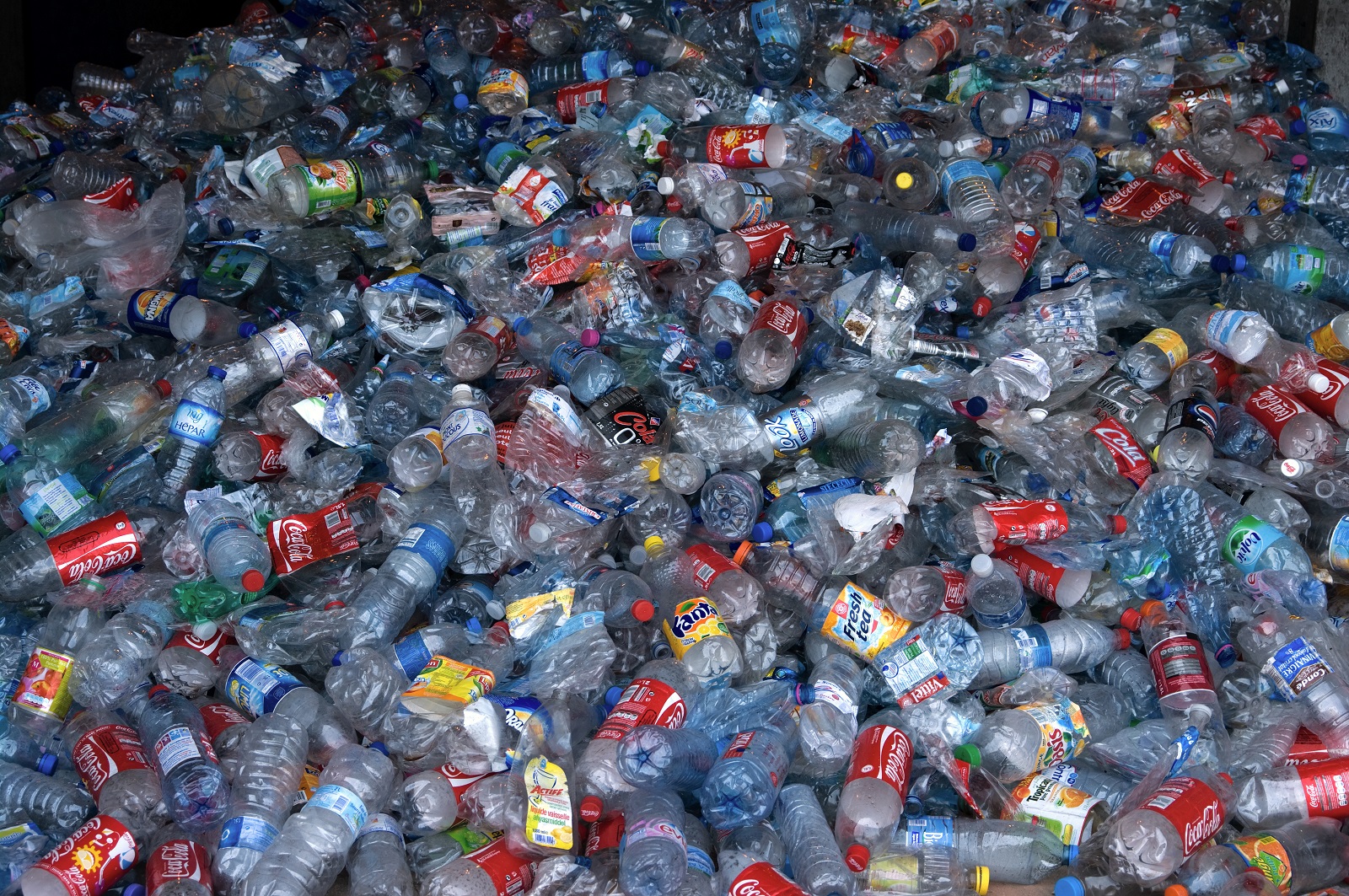
Don’t Trash Maryland: We support policies dedicated to the principles of reduce, reuse, recycle that put us on a path to zero waste
Photo by Huguette Roe | Shutterstock.com
1of 6
2024 Maryland Legislative Session Public Interest Wins
These bills have made it through the 2024 Maryland legislative session and will become law unless Gov. Moore vetoes them.
- EmPOWER Maryland Energy Efficiency Act: This bill udates the state’s energy efficiency program to provide greater energy savings, protect ratepayers, and help repower Maryland’s homes and buildings with 100% clean renewable energy. The bill is sponsored by Del. Crosby (HB864). Read more.
- WARMTH ACT/ Network Geothermal Pilot Program: Geothermal networks are a potential home heating solution that is more affordable, healthier, and better for the climate. This bill requires each gas company in the state propose one or two network geothermal pilot projects to the Public Services Commission (PSC). The bill is sponsored by Sen. Hester and Del. Charkoudian (SB570/HB397).
- Brighter Tomorrow Act: This bill codifies recommendations from the Solar Incentives Task Force through a package of solar energy incentives needed to ensure that the State meets the solar energy goals established in the State’s renewable energy portfolio standard. The bill is sponsored by Sen. Elfreth and Del. Fraser-Hidalgo (SB783/HB1435)
- Streamlining Rooftop Solar: PRIORITY BILL: This bill requires cities and counties to adopt SolarAPP+. or equivalent technology. Widespread adoption will unlock the full potential of rooftop solar, making the transition to renewable energy faster, more affordable, and accessible for all. This bill is sponsored by Sen. Kramer and Del. Fraser-Hidalgo (SB1054/HB1265). While this bill did not pass as a stand alone bill, the provisions were added to the Brighter Tomorrow Act.
- Rooftop Solar Grants: This bill adds new grants for rooftop solar for low and moderate income homes, making it easier for more families to adopt solar power and moving our state more quickly towards 100% clean, renewable energy. The bill is sponsored by Sen. Young and Del. Qi (SB416/HB258). While this bill did not pass as a stand alone bill, the provisions were added to the Brighter Tomorrow Act.
- Protecting State Waters from PFAS Pollution Act: According to the U.S. EPA, exposure to PFAS chemicals, even in small amounts over time, has been linked to serious health effects. This bill directs the Maryland Department of Environment to work with wastewater treatment plants to identify and require the testing and monitoring of discharge from some large industries that use PFAS chemicals. The bill passed with bipartisan support and was sponsored by Sen. Hester and Del. Love (SB956/HB1153). The bill was weakened from it’s orginal intoduction which would have limited PFAS discharge from large industries in Maryland.
- Clean Water Justice Act: This bill restores communities’ right to sue to enforce clean water laws in state court, closing a loophole created by a recent decision from the U.S. Supreme Court Sackett v EPA decision. The bill was sponsored by Sen. Augustine and Del. Love (SB653/HB1101).
- Maryland Online Data Privacy Act: This bill requires companies to limit data collection to only what’s necessary, and limit the uses of sensitive data to only essential purposes, cutting down on data collection and sales by tech companies and third parties. The bill is sponsored by Sen. Gile and Del. Love and passed with bipartisan support (SB541/HB567).
- Paint Stewardship: This bill establishes a producer led program for disposing of household paint to protect our waterways and environment, public health, and sewer infrastructure. The bill is sponsored by Sen. Brooks and Del. Boyce (SB0325/HB1).
Public Interest Losses
These bills did not make it through the 2024 Maryland legislative session and will not become law this year.
- Ratepayer Protection Act / STRIDE Reform- PRIORITY BILL: Requires gas utilities to prioritize pipe replacement based on the severity of safety risks and ensure infrastructure spending is cost effective. The bill is sponsored by Sen. Sydnor and Del. Embry (SB548/HB731). Learn more.
- Electric Utility Transparency Act: Restricts how Maryland electric and gas utility companies can spend ratepayer money and adds important transparency requirements so policy makers have enough information to regulate utility companies and the public has confidence in the regulatory process. The bill is sponsored by Sen. Hester and Del. Charkoudian (SB682/HB505). A version of the bill passed out of each chamber, but they could not agree on a final version.
- Special Elections for Legislative Vacances: This bills amends the Maryland Constitution to shift away from the appointment process to fill legislative vacancies and towards special elections, and will need to be ratified by voters. The bill was sponsored by Sen. Kagan (SB29) and is the same as a bill sponsored by Del. Foley (HB417). The bill passed through the Senate with bipartisan support but did not get a vote in the House.
- Clean Lighting: Fluorescent light bulbs are a common sight in offices, garages, and basements—but they contain toxic mercury and are incredibly inefficient compared to newer alternatives. Stopping the sale of fluorescents in Maryland will mean less mercury exposure and pollution, and increase energy savings. The bill is sponsored by Del. Terrasa (HB747).
- Expanding Local Fair Elections: Enables Counties and Baltimore City to establish local small donor public financing for additional offices after they locality has completed one cycle of the program for Executive and Legislative offices. The bill is sponsored by Del. Feldmark (HB769).
- Increasing Access to Voter Registration: Builds on and streamlines the success of Maryland’s Automatic Voter Registration (AVR) program. The bill is sponsored by Sen. Washington and Del. Feldmark (SB605/HB1088).
- Maryland Beverage Container Recycling Refund and Litter Reduction Program: The Bottle Bill is proven effective to increase recycling and reduce litter. The bill is sponsored by Sen. Brooks and Del. Terrasa (SB642/HB735).
- Reclaim Renewable Energy Act: Stops state renewable energy subsidies for incineration. The bill is sponsored by Sen. Lewis Young and Del. Stewart (SB146/HB166).
- Responding to Emergency Needs From Extreme Weather (RENEW) Act: Requires large industries that emit climate pollution to pay a one-time fee, so taxpayers aren’t left to foot the bill for critical infrastructure and mitigation investments. The bill is sponsored by Sen. Hester and Del. Fraser-Hidalgo (SB958/HB1438).
- Better Buildings Act: Requires all new buildings and major additions to use only electric energy, with limited exceptions. It requires new large buildings to meet energy efficiency standards and be solar ready. The bill is sponsored by Sen. Brooks and Del. Boafo (SB1023/HB1279).
- Transportation and Climate Alignment Act: This bill requires the Department of Transportation and regional transportation planning agencies to mitigate increases in climate pollution and driving caused by large highway expansion projects. The bill is sponsored by Sen. Lam and Del. Edelson (SB681/HB836).
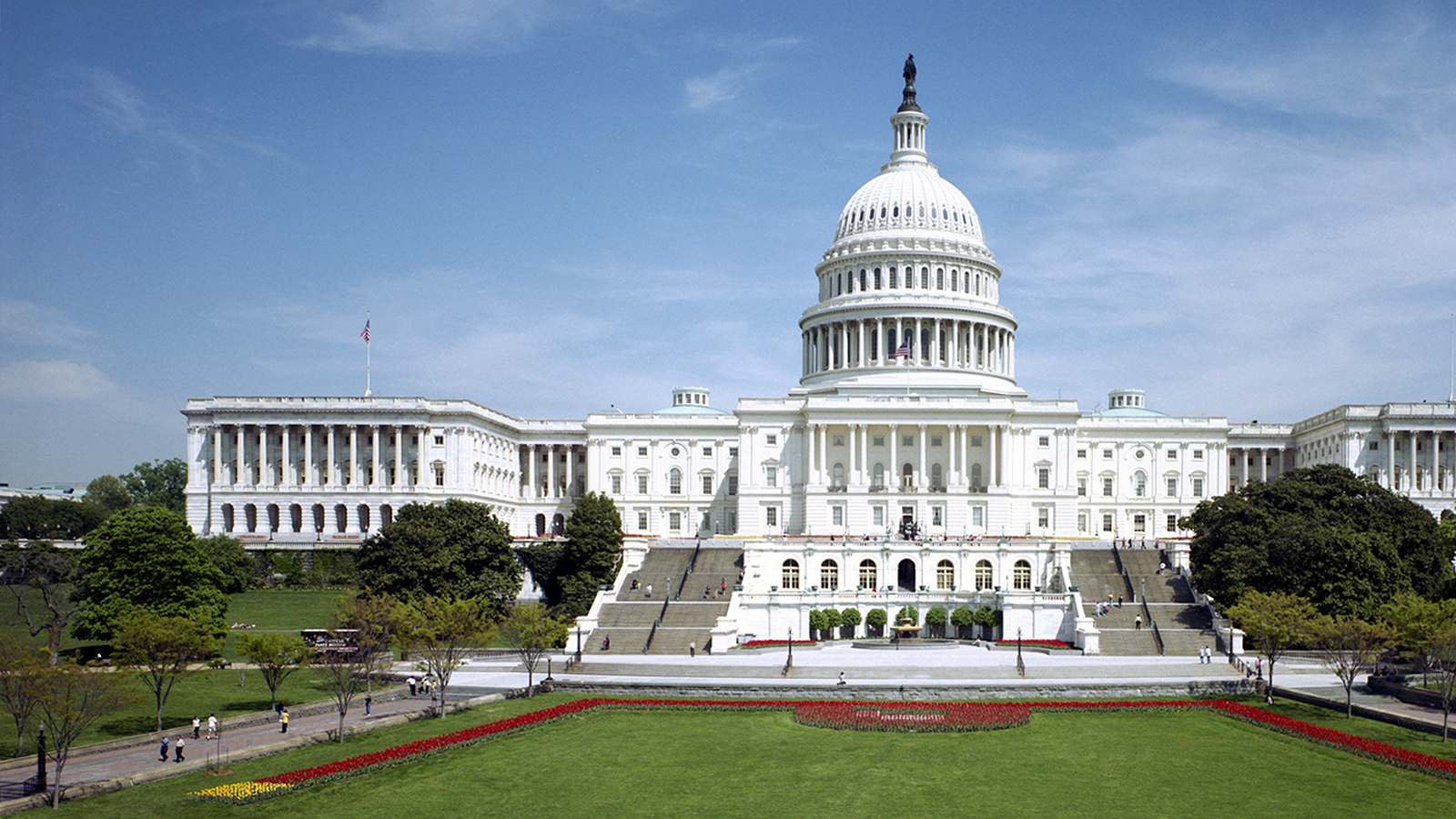
Donate Today
We're standing up to powerful interests, but we need your support to make it possible.
Topics
Authors
Emily Scarr
State Director, Maryland PIRG; Director, Stop Toxic PFAS Campaign, PIRG
Emily directs strategy, organizational development, research, communications and legislative advocacy for Maryland PIRG. Emily has helped win small donor public financing in Baltimore City, Baltimore County, Howard County, Montgomery County, and Prince George's County. She has played a key role in establishing new state laws to to protect public health by restricting the use of antibiotics on Maryland farms, require testing for lead in school drinking water and restrict the use of toxic flame retardant and PFAS chemicals. Emily also serves on the Executive Committees of the Maryland Fair Elections Coalition and the Maryland Campaign to Keep Antibiotics Working. Emily lives in Baltimore City with her husband, kids, and dog.
Find Out More
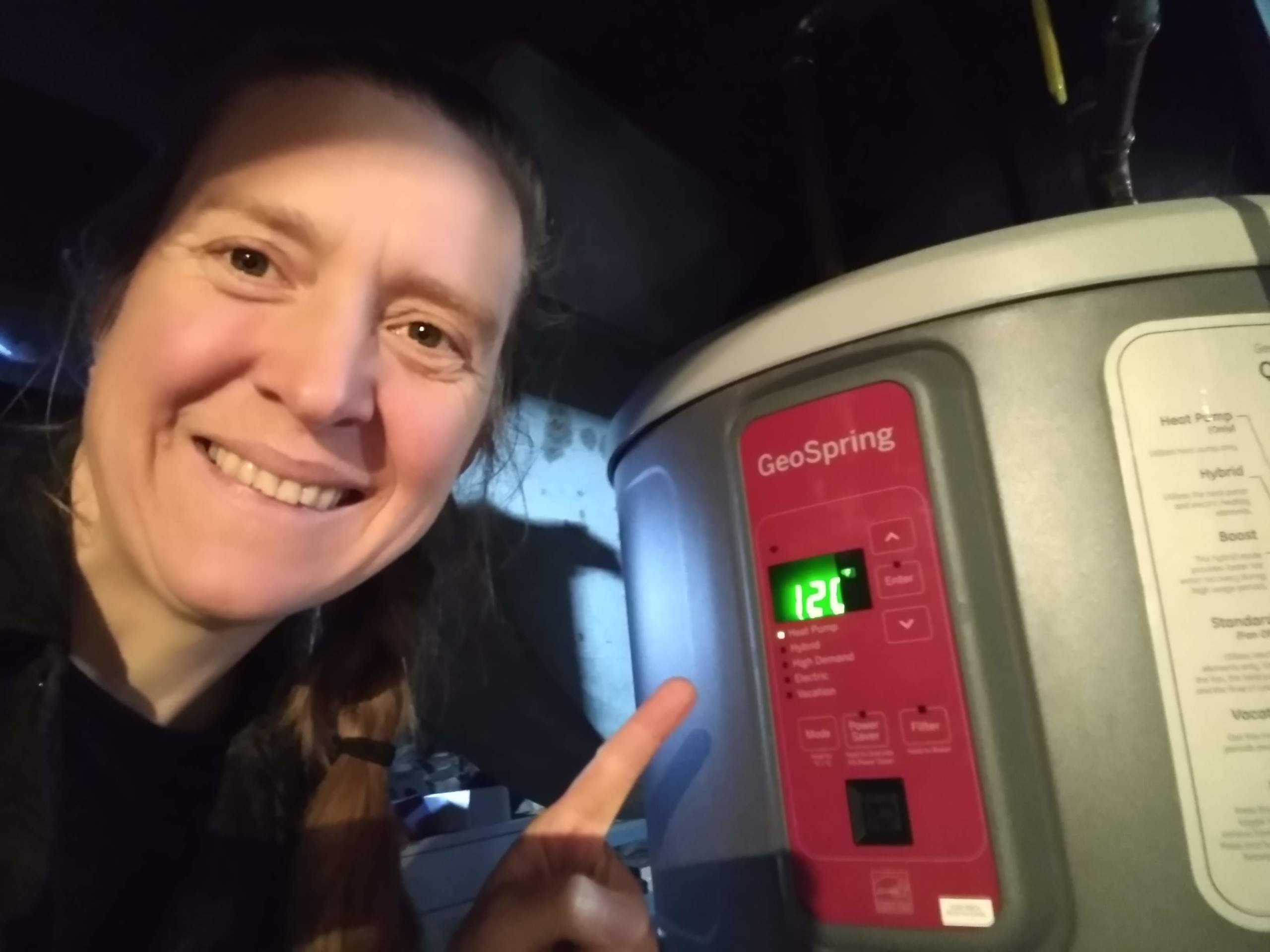
Why electric water heaters could be the hot new home improvement
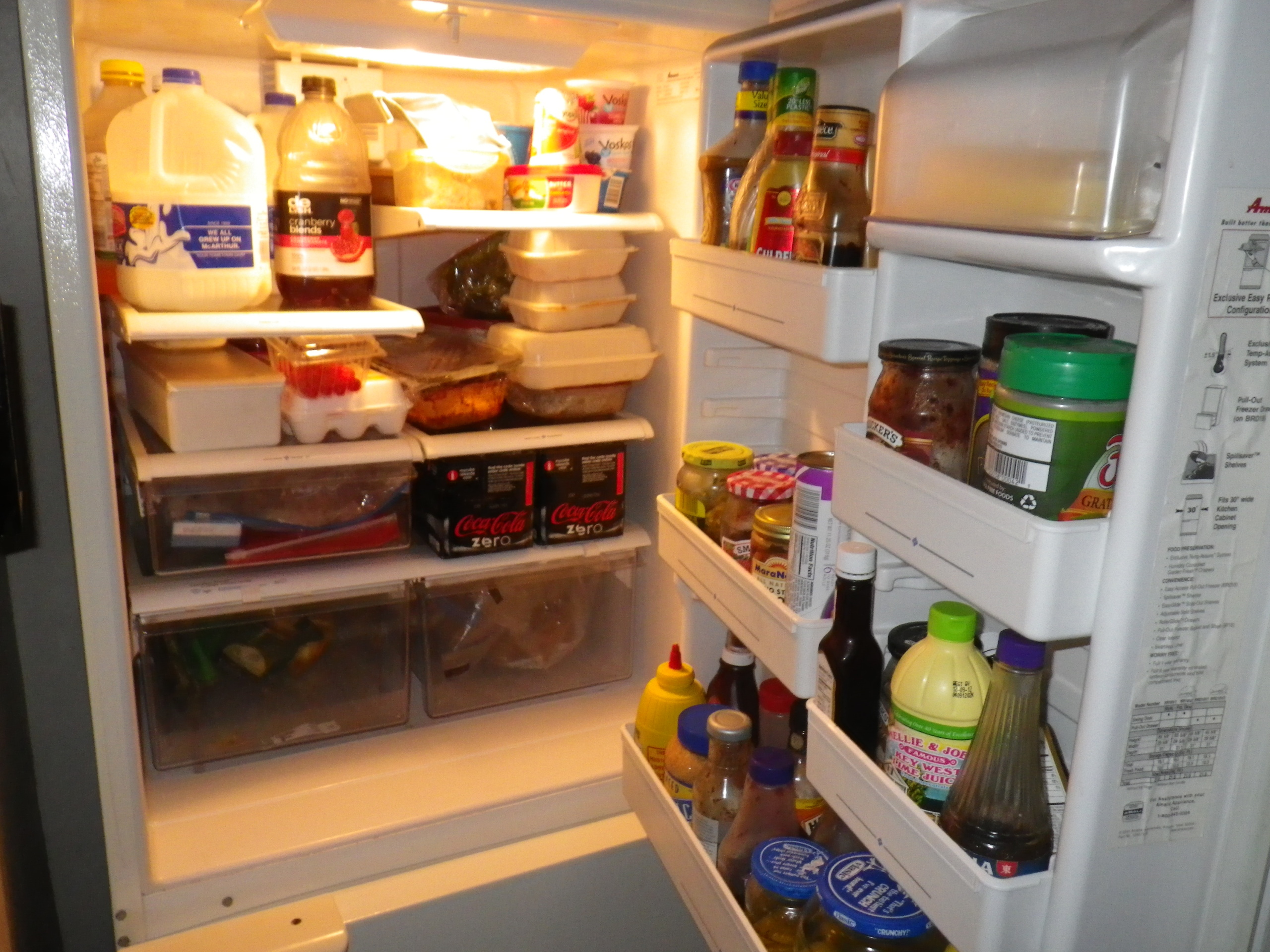
Can refrigerators be more efficient?
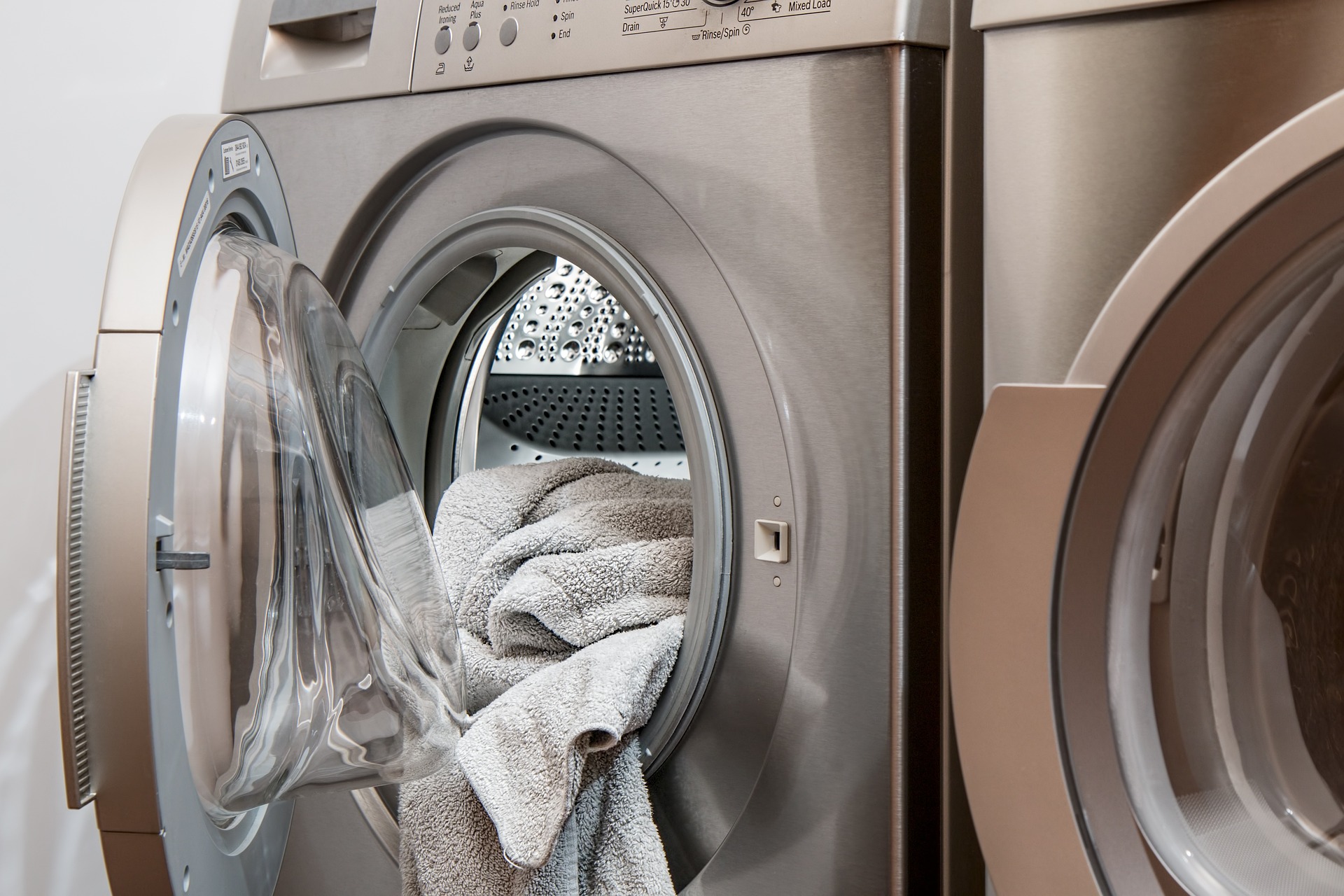
Efficient washing machines
